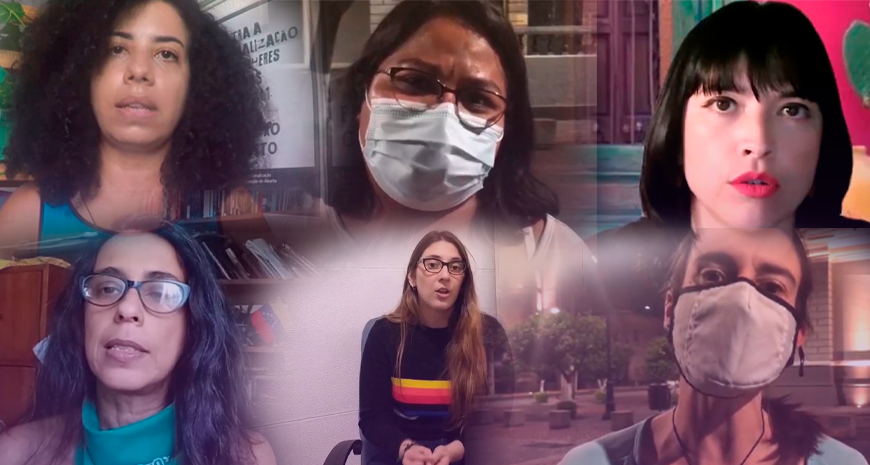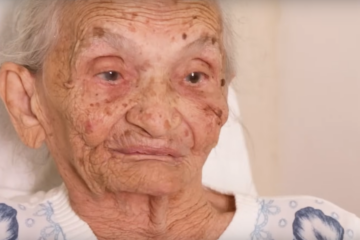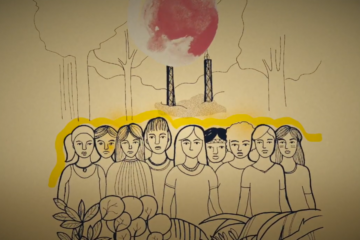September 28 is the Latin American and Caribbean Day for the Decriminalization and Legalization of Abortion. In the Americas, there are differences in legislation, political conjuncture, and access to abortion rights for women. But throughout the continent, women are fighting for autonomy over their bodies. The recent decriminalization of abortion in Mexico and legalization in Argentina are victories of the organized feminist movement. The struggle for legal, safe, and free abortion is part of women’s integral struggle against patriarchy, capitalism, and racism in its multiple expressions.
Against submission and the obligation of motherhood, against conservatism, the control of bodies and sexualities, and to no longer live in fear, silence, and risks to health and life, women demand autonomy. The legalization of abortion is a matter for women and society as a whole. Therefore, it cannot be limited to the strategies of antifeminist conservatism, nor to those of the market and the pharmaceutical industry.
To organize a panorama of the abortion situation in the American continent, women’s struggles, and the challenges ahead, Capire put together videos by Andrea Ross (Patria Grande Front, Argentina), Karina Garcia (Party for Socialism and Liberation, USA), Alejandra Laprea (World March of Women, Venezuela), Nathália Diórgenes (World March of Women, Brazil), and Jessica and Cristina (World March of Women, Mexico).
In countries where abortion is completely illegal, women are deemed routinely as suspects. Women’s reproductive lives are tainted by criminalization. Criminalizing abortion is a tool to continuously humiliate, abuse, inflict suffering, and make women ill, as well as people who can gestate.
Nathália Diórgenes




